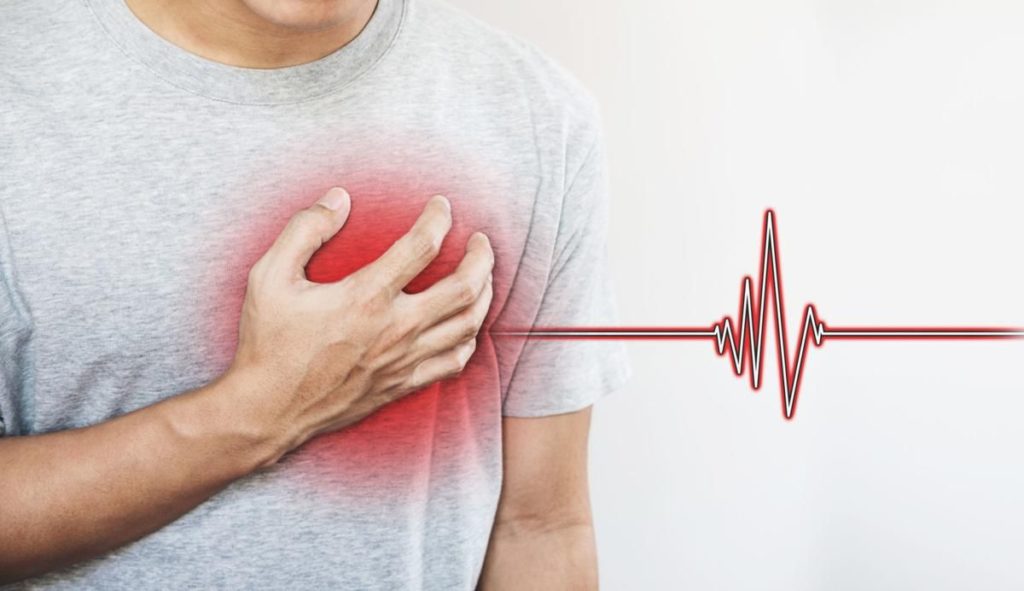Among more than 11 million Medicare beneficiaries who were admitted during the 2-year study period, there were 174,901 admitted for ischemic stroke and 193,418 admitted for heart attack.
Two preliminary studies found that stroke patients were nearly 50% more likely than heart attack patients to develop depression and that female stroke patients had a higher risk of depression than their male counterparts. The research is set to be presented at the American Stroke Association’s International Stroke Conference 2021, being held virtually from March 17-19, 2021.
The study authors analyzed 2 investigations using the same US Medicare dataset of patients aged 65 years or older hospitalized for ischemic stroke or heart attack from July 2016 to December 31, 2017. Among more than 11 million Medicare beneficiaries who were admitted during the 2-year study period, there were 174,901 admitted for ischemic stroke and 193,418 admitted for heart attack.
Further, patients were followed for 1.5 years, and patients with prior history of depression in the 6 months preceding their stroke or heart attack were excluded, according to the study authors.
“Depression following stroke is almost three times as common as it is in the general population and may affect up to a third of stroke patients. Patients with post-stroke depression also experience poorer quality of life and outcomes,” said lead author Laura K. Stein, MD, MPH, assistant professor of neurology at the Icahn School of Medicine at Mount Sinai and an attending neurologist at Mount Sinai and Mount Sinai Queens Stroke Centers in New York City, in a press release.
The first study found that the risk of depression was approximately 50% higher among patients who had a stroke (174,901) compared to patients who had a heart attack (193,418). History of anxiety was found in 10.3% of ischemic stroke patients and 11.8% of heart attack patients. Ischemic stroke patients with a history of anxiety were 1.7 times more likely to develop depression than patients without anxiety.
In addition, history of anxiety was the strongest predictor of post-stroke depression, whereas being discharged home resulted in less depression. White patients were 1.33 times more likely to be diagnosed with post-stroke depression, whereas patients 75 years of age and older were 0.79 times less likely to be diagnosed with post-stroke depression, according to the study authors.
“We did not expect that the cumulative risk of depression would remain so persistently elevated. This finding supports that post-stroke depression is not simply a transient consequence of difficulties adjusting to life after stroke,” Stein said in a press release.
In a second analysis by the same researchers, female stroke patients (90,474) had a 20% higher risk of developing depression than male stroke patients (84,427). Analyzing the same pool of Medicare patients, a comprehensive inpatient, outpatient, and subacute nursing follow-up helped to detect new-onset depression more accurately compared to the studies that do not have follow up from multiple settings where depression may be tracked. Additionally, researchers calculated the increasing risk for depression in females versus males over 1.5 years of follow-up, according to the study authors.
“Our current findings highlight the need for active screening and treatment for depression in the time period immediately and well after the stroke and the importance of screening all stroke patients for post-stroke depression, including women and those with a history of mental illness,” Stein said in a press release.
REFERENCE
Depression risk higher after stroke vs. heart attack and female vs. male stroke survivors. American Heart Association. https://newsroom.heart.org/news/depression-risk-higher-after-stroke-vs-heart-attack-and-female-vs-male-stroke-survivors#:~:text=The%20risk%20of%20depression%20was,11.8%25%20of%20heart%20attack%20patients. Published March 11, 2021. Accessed March 12, 2021.
